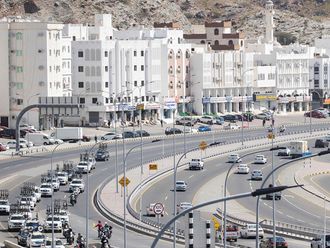Muscat: Oman’s Manpower Minister on Saturday endorsed a revamp of the high-powered sectoral committees tasked with overseeing and implementing Omanisation strategies in their respective sectors.
In a key change to the composition of the sectoral committees, representatives of the General Federation of Labour Unions will sit alongside government and private sector officials in chalking out strategies for training and recruiting Omanis for jobs in each sector.
The revamp was agreed on at a meeting of the apex Supervisory Committee on Labour and Manpower, chaired by Manpower Minister Shaikh Abdullah Bin Nasser Al Bakri.
Under the restructured approach to Omanisation, 12 sectoral committees will be constituted to formulate and direct labour strategy in their respective economic sectors. The committees will represent the following sectors: construction, oil and gas, distribution and sales, industry and mining, tourism, automotives, electricity and water, banking and financial brokerage, transport and communications, private education, health, and agriculture and fishing.
The panels have been vested with complete powers to set out targets for the training and recruitment of Omanis in their respective sectors, study the need for new disciplines and skill-sets based on the demands of the labour market, and work directly with private firms to meet the sector’s broad Omanisation objectives.
The sectoral committees are a departure from the government’s earlier approach to impose strict Omanisation targets that often eroded business confidence in some economic sectors. By co-opting private sector decision-makers and labour union representation in its Omanisation planning, authorities hope to build consensus across the sectors in achieving the government’s goal of securing employment for Omanis.
Each sector has been given two weeks to nominate representatives to sit on their respective panels ahead of the start of a new and invigorated effort to seek private sector support for the Omanisation strategies.












